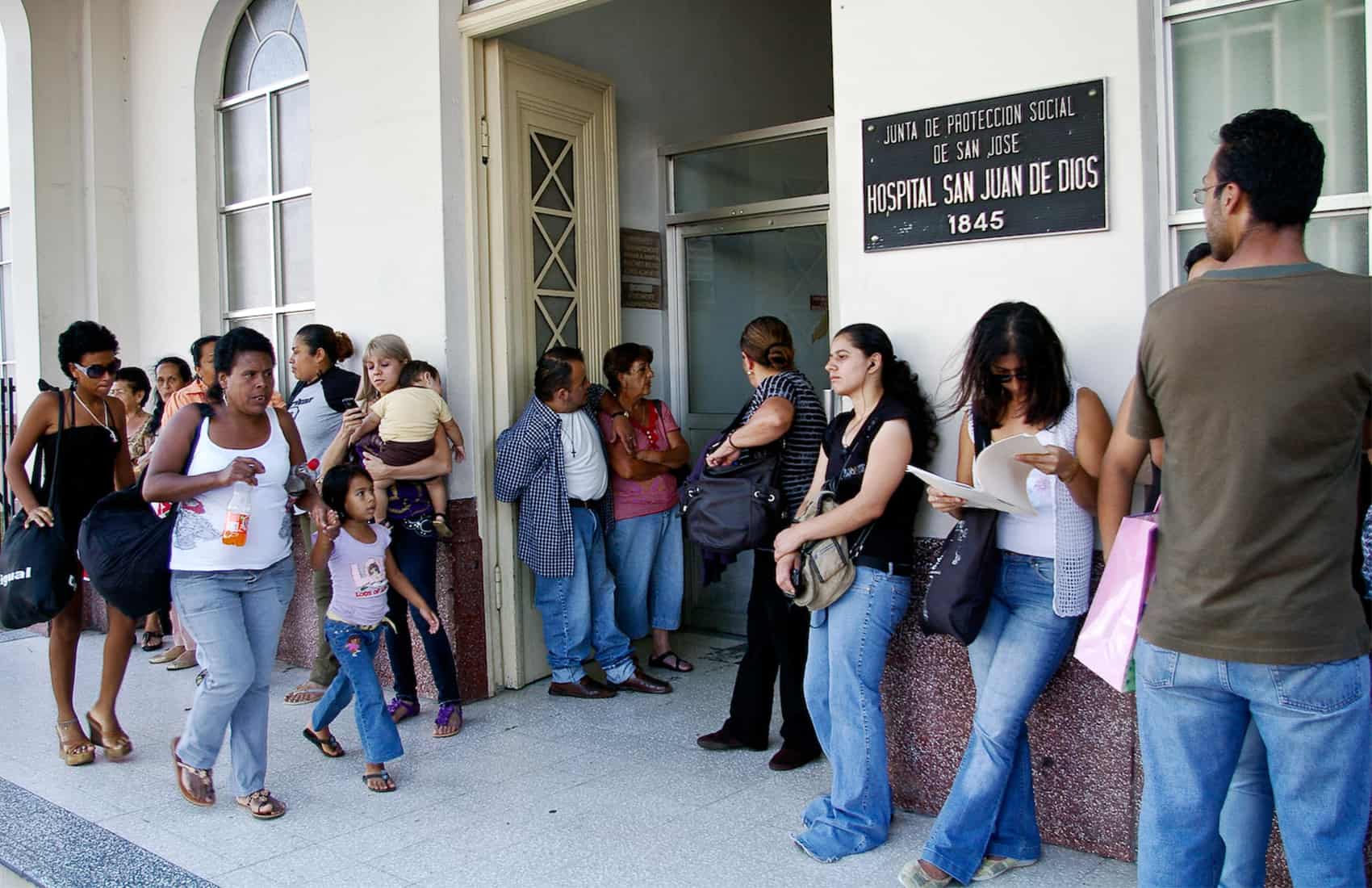Although Costa Rica has a high life expectancy, questions have arisen about the quality of life in our country. Alerts are being raised, especially regarding health issues. For example, when people with heart diseases that require surgery go to the social security system for an operation, they have to wait nearly 640 days, almost two years, to get an appointment. Data from the Costa Rican Social Security Fund (CCSS) shows that this is the approximate wait time for patients at Hospital Mexico to receive cardiovascular surgery.
This raises concerns, especially since the population is aging much faster than expected. The traditional population pyramid, which for decades showed a broad base of young people and a narrow top of older adults, is inverting. This demographic change is not simply a statistical phenomenon; it is a structural transformation that significantly impacts the healthcare system, pensions, the economy, and public planning.
At the same time, life expectancy is one of the highest in Latin America, with an average age of 81 years and a low mortality rate of six per 1,000 inhabitants. While this is an achievement that reflects decades of investment in public health and quality of life, it also represents a major challenge: people are living longer, but the last years of life are often spent with chronic diseases, functional dependence, and a high demand for specialized medical care.
“We are living longer but not necessarily better,” warned Dr. Olga Arguedas, former director of the National Children’s Hospital. Currently, the public system, which is the backbone of the right to healthcare in Costa Rica, is facing a vicious cycle: fewer personnel, more patients waiting, and greater institutional attrition.
Meanwhile, hundreds of Costa Ricans continue to wait for an appointment, for an operation, and for answers. The vast majority of the population does not have access to private healthcare due to the high costs involved. Therefore, the alternatives for receiving treatments or operations are limited or nonexistent.






